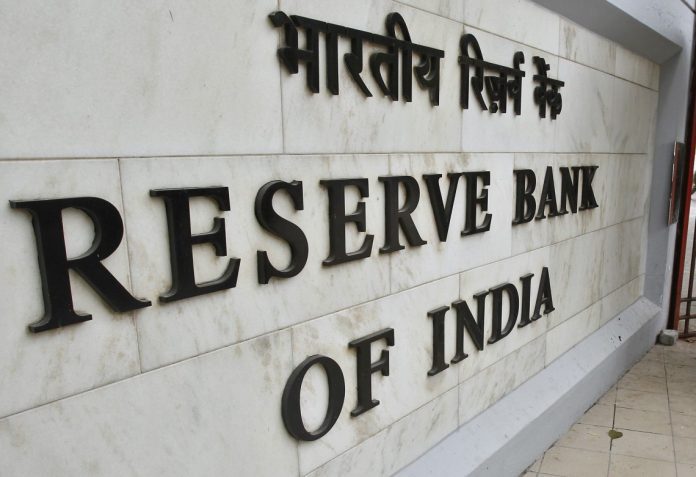The Reserve Bank of India wants to ensure that customers are compensated in case it takes too long to address failed transactions on UPI, payments banks and wallets, Aadhaar Enabled Payments System, among others. The central bank released a framework for this on September 20, which will come into effect on October 15, 2019.
RBI said that “a large number of customer complaints emanate on account of unsuccessful or failed transactions”. Under the new framework, RBI has set up auto reversal timelines for failed transactions that’ll have to be adhered to even if a customer doesn’t register a complaint. There have been no mechanisms for consumer grievance redressal for failed transactions before this.
Here is how customers would be compensated:
UPI: If the user’s account is debited but the beneficiary’s account is not credited, the beneficiary bank should auto-reverse the money within 1 day. The compensation payable in this case is Rs 100 per day of delay after the first day.
- If customer’s account is debited but the UPI transaction confirmation is not received at the merchant’s end, the timeline for auto-reversal is within 5 days of the transaction. The compensation payable in this case is Rs 100 per day of delay after the fifth day.
Aadhaar Enabled Payment Systems: If customer’s account is debited but the transaction confirmation is not received at the merchant’s end, the merchant’s bank will have to initiate “credit adjustment” within 5 days of the transaction. The compensation payable in this case is Rs 100 per day of delay after the fifth day. The penalties remain the same if the merchant’s account doesn’t get credited.
Prepaid Payment Instruments: In case of an on-us transaction, if the beneficiary’s PPI account isn’t credited, the amount should be reversed to the payer’s account within 1 day. If that doesn’t happen, the customer will receive Rs 100 for each day of delay beyond the first day. The penalties are the same if a customer’s PPI gets debited but the merchant doesn’t receive a transaction confirmation.
ATM transactions: RBI has mandated a “pro-active” reversal of the failed transaction within 5 days of the transaction. Failing this, the user will receive a compensation of Rs 100 per day after the fifth day of the initial transaction.
Card to Card transactions: If a card to card transaction fails, the transaction amount has to be refunded within 1 day. If that doesn’t happen, the user will receive a compensation of Rs 100 per day till she/he receives the transaction amount.
Point of Sales (PoS): In the case of transactions at PoS (Card Present), including cash at PoS, as well as Card Not Present (e-commerce), if the account is debited but confirmation is not received at merchant location, the timeline for auto-reversal of the failed transaction and compensation payable is the same as for failed transactions at ATMs.
What are other government bodies doing to ensure consumer protection?
The Department of Consumer Affairs (DCA), under the Ministry of Consumer Affairs, Food and Public Distribution, has extended the deadline to submit comments on the draft E-Commerce Guidelines for Consumer Protection 2019 to October 31. The DCA had released the Draft E-commerce Guidelines for Consumer Protection, meant to protect consumers who shop online, on August 2.
To address the issue of call drops, the Telecom Regulatory Authority of India had said that telcos will have to credit Re 1 to a user for every call drop, up to a maximum three calls per day per customer. However, the Supreme Court struck down the regulator’s resolution in May 2016.


